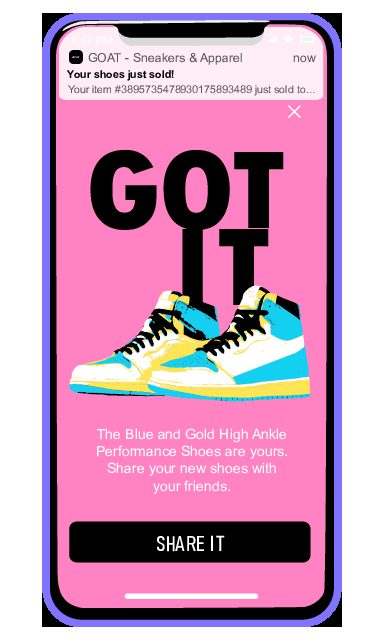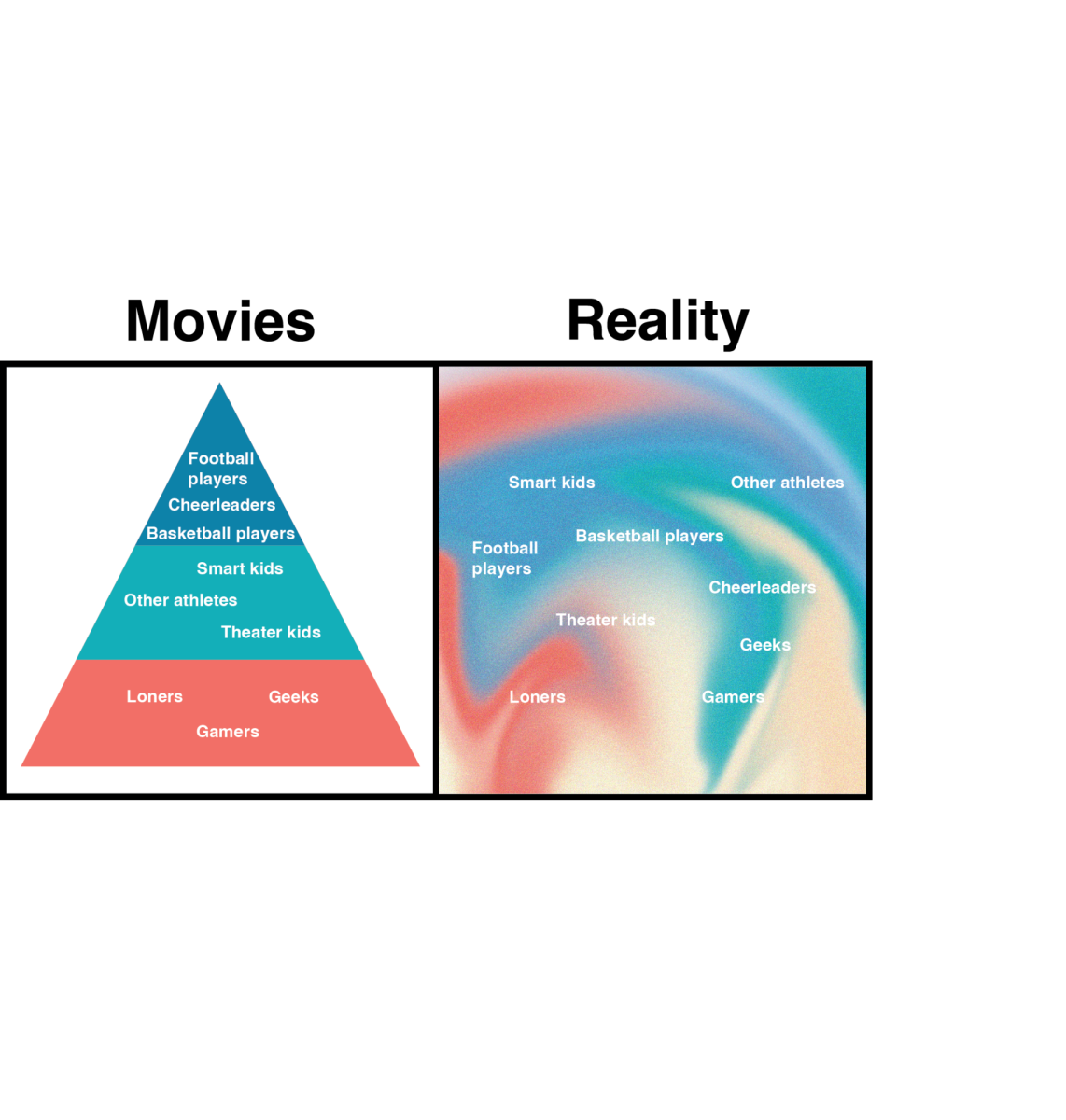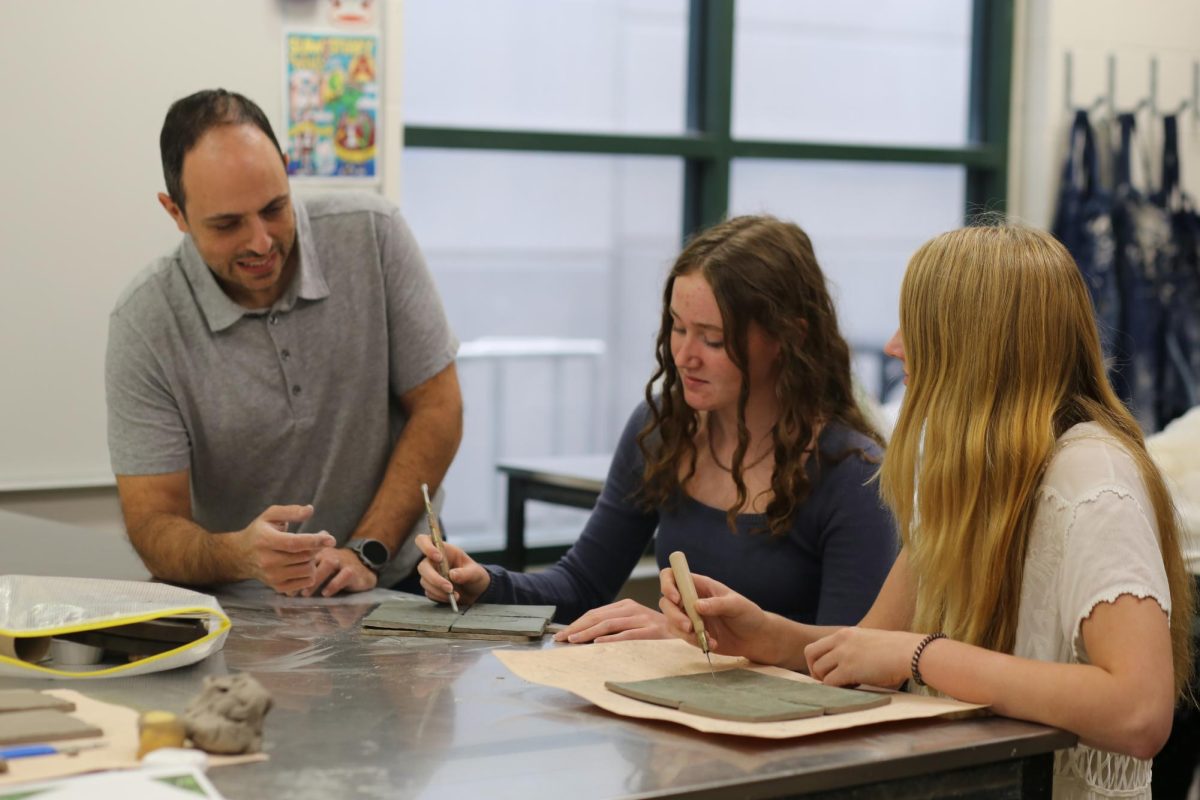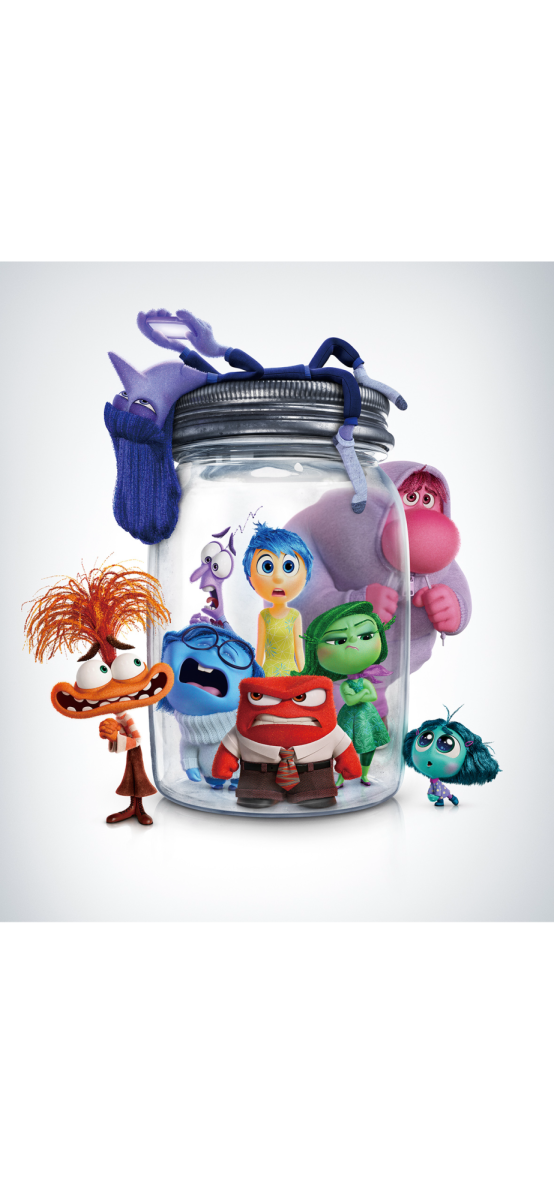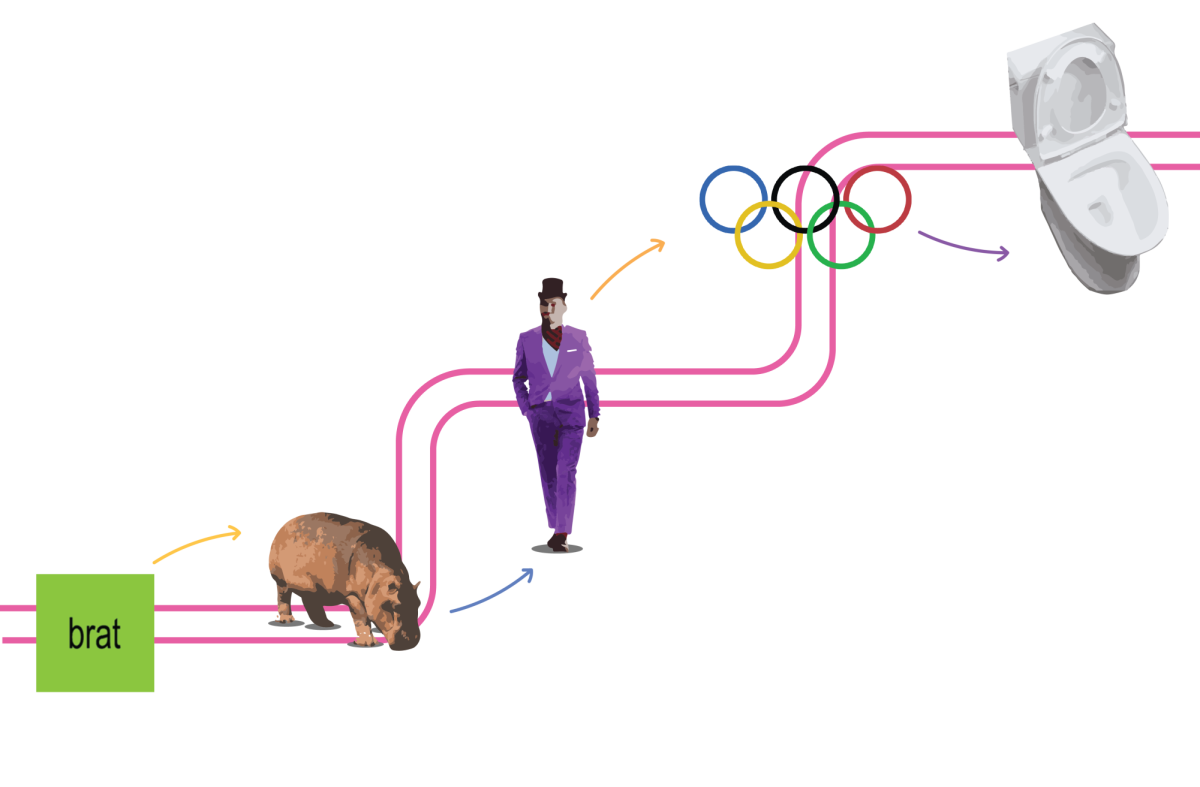Although everchanging, fashion has always been a statement. From double-breasted suits to bell bottom pants, and from motorcycle jackets to windbreakers, fashion has always changed because of the innate human desire to create.
This is especially true with sneakers, with new styles entering and leaving the market. This relatively new emergence of the online sneaker market has also made reselling available for anyone, including teenagers.
One might think that teenagers would be the least qualified, but they actually have become the most successful in this market because they are most in touch with today’s style.
“Teenagers are interested in the hobby [of selling sneakers] because it is easy to implement and make some quick cash while doing their other things as they are obviously busy people,” said junior Ameya Patel, a sneaker reseller who has been heavily involved in the sneaker market. “The modern generation is also more gravitated towards the current style, making them more in tune with the fashion of today and more fit to sell sneakers.”
The process is straightforward. Nike and Adidas, the most popular sneaker makers in the world, have their own respective applications where drops occur. Whether through Nike’s SNKRS app or Adidas’s CONFIRMED app, drops take place in a lottery system, where a random draw is used to decide who will get a certain sneaker. Of course, the winner will still have to pay retail price for the sneaker, but they will also have the ability to resell the sneaker for profit.
Mateo Membreno, a recent Trinity Alum, started his own sneaker business, TeoGotKicks, in December 2020 and was able to use this process along with buying from other sellers to grow his business.
“I started from reselling a pair of sneakers for 20 bucks to holding six to seven pairs of sneakers at a time and making deals on all of them,” Membreno said.
Membreno was also able to expand his business due to phone apps like Instagram, Facebook Marketplace, OfferUp, Goat and StockX, all of which gave him wider access to his consumers and advertising. Even though there is still a large consumer base to sell too, making profit off of a sneaker is still a gamble.
Regardless, sneakers today have almost turned into a type of investment, just like stocks or real estate would be. In any investment, however, it is important to consider what could positively or negatively affect it. For stocks it could be the news, for real estate it could be the specific location, and for sneakers, it is largely pop culture.
“Hype is relative,” Nick Grant of Complex said in his article “How Hype Has Changed Since 2006.” “It solely revolves around what’s next. We are so fickle and crave the next best thing so badly that we are willing to completely uproot whatever we’ve previously established in order to recreate what we — or what we think others — consider hype.”
This hype influences sneakers in the same way: trends follow whatever the majority of the consumer base believes is the most limited and collectible sneaker. A major part of what is perceived as the most ‘in style’ is pop culture, particularly rap in the sneakers’ instance.
“Rap has been a huge influence on sneakers,” junior Jeffrey Wang, an avid sneaker collector, said. “A lot of kids nowadays listen to it and get convinced that they need to buy certain sneakers.”
Rap has been a major factor in the sneaker market because artists have made sneakers more collectible and exclusive. Celebrities like Kanye West and Travis Scott can utter the name of a sneaker for one second in a song or even make collaborations with brands and turn a sneaker into a collectible item instantly.
Following these trends is key to having success in the reselling business, as it is key in finding out what sneakers are the best to buy for reselling.
“After doing it for a while, you understand conceptually which sneakers work [for reselling] and which don’t,” Patel said. “Many people are so called ‘superfans’ for certain brands, so when mainstream shoe brands make collabs with these certain brands or celebrities, sneakers instantaneously become collectible, so those fans are willing to pay a lot.”
Not only do consumers buy a certain sneaker because it is endorsed by a celebrity or brand, but also because those consumers are fans of that celebrity or brand and having their shoe is part of their identification as a true fan. That’s why pop culture has such a profound impact on sneakers, because not only does it act as an advertisement, but it creeps into the minds of consumers and changes exactly how they perceive what owning a sneaker means, something that has never happened to any sneaker before.




